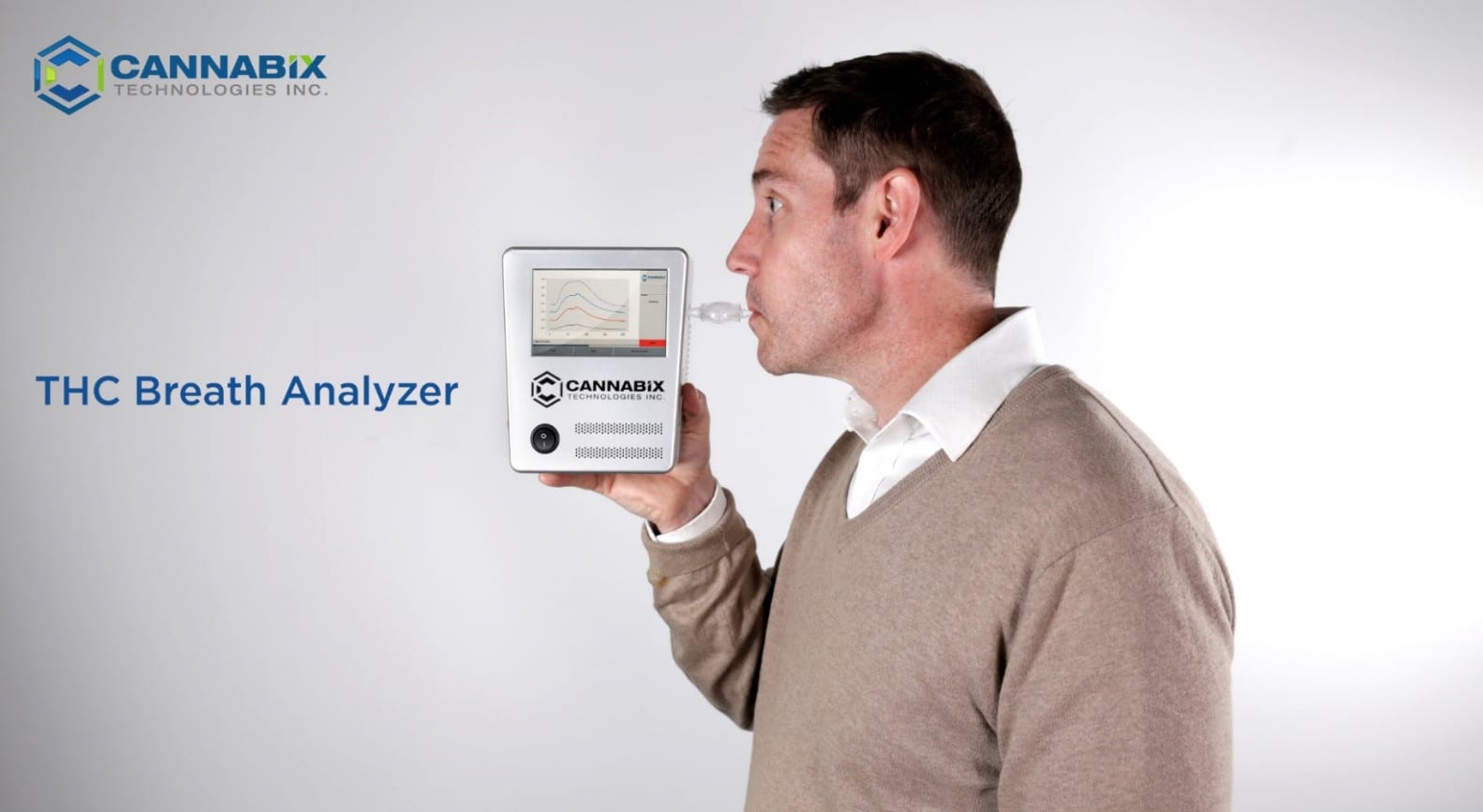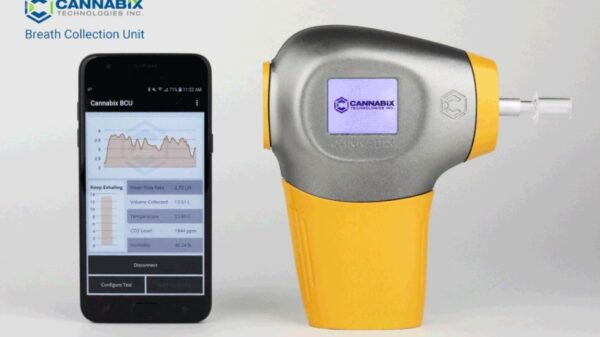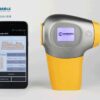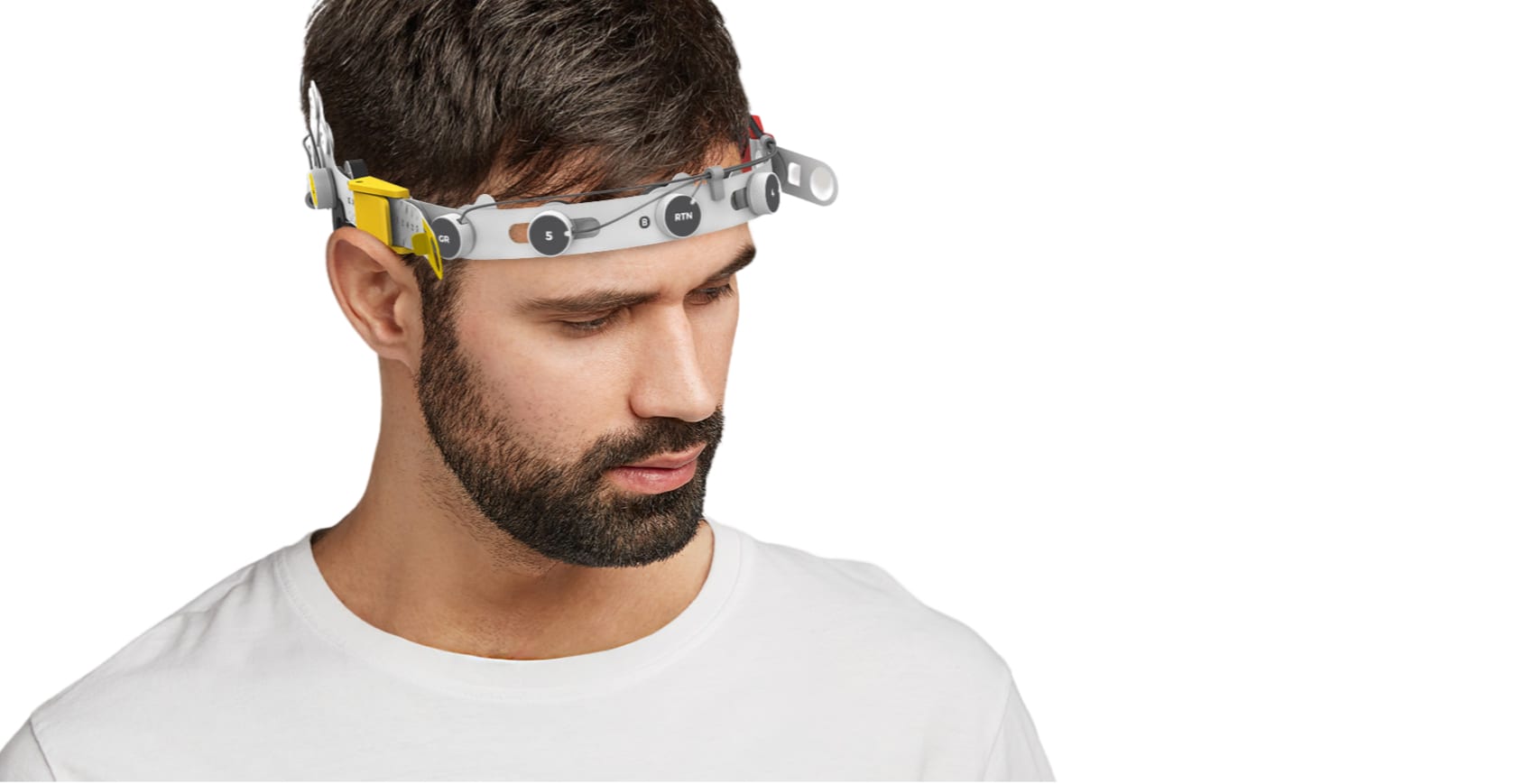New technology is on the way that could be breathing down the necks of cannabis-using drivers.
Share prices of Vancouver, B.C.-based THC breathalyzer firm Cannabix Technologies Inc. (CSE: BLO) received a modest boost following a press release detailing a milestone in the development of its new unit.
The company announced Monday it has completed assembly of its (UBC) THC Breath Analyzer and is preparing the device to continue with promising human tests conducted earlier this year.
But skepticism from legal experts remains about the efficacy of devices that use blood-THC levels to test impairment.
Kyla Lee, a criminal lawyer who has spoken out previously on cannabis impairment devices, said she sees the same flaws no matter what method is being used to test blood-drug concentration of THC.

Vancouver criminal lawyer Kyla Lee specializes in driver impairment and says it’s a mistake to conflate impairment with the presence of THC in the breath. Photo courtesy of Kyla Lee
“First of all, anytime you’re testing saliva you’re going to have the same problem of remnants of THC products in the saliva,” she said. “So if you’ve just eaten an edible or something like that or you have a very low or not measurable blood-THC concentration you might get a high spike because it’s in your saliva.”
However, Cannabix CEO Rav Mlait said that while other units have used the unreliable variable of saliva to test blood-THC levels, his device is a true breathalyzer.
“We are collecting breath samples, not saliva. We use saliva traps to ensure we are only collecting breath,” he said.
Mlait told Mugglehead that breath is a better indicator of impairment than saliva, blood or urine because THC only remains in the breath for one to three hours, whereas it can remain in other bodily fluids for days or weeks after consumption.
“This short time period of detection in breath aligns with the peak impairment window,” he said. “This is why breath testing for THC is the future for law enforcement and workplace testing.”
He also said defining impairment is the job of lawmakers, not his company’s.
In the press release, Mlait stated that several police, private and government-related agencies had shown interest in piloting his devices.
The last THC impairment device to make major headlines was the Drager DrugTest 5000, a saliva-based unit which received initial approval at the federal level before being quickly dismissed by law enforcement for its unreliability, slowness and size.
Lee spoke out against the DrugTest 5000 and is skeptical about Cannabix’s claims that it can filter out all saliva particles. As for alternatives, she mentioned Druid, a game-like app that tests for impairment without any data on what’s inside your body.
“[Druid] measures your cognitive function, your reaction time and it’s the closest thing that you have related to the experience of driving. Physical coordination tests don’t tell you very much about your ability to drive because I don’t remember the last time I operated a car while standing on one leg,” Lee said.
Mugglehead is waiting for comment from local law enforcement on the Cannabix device.











